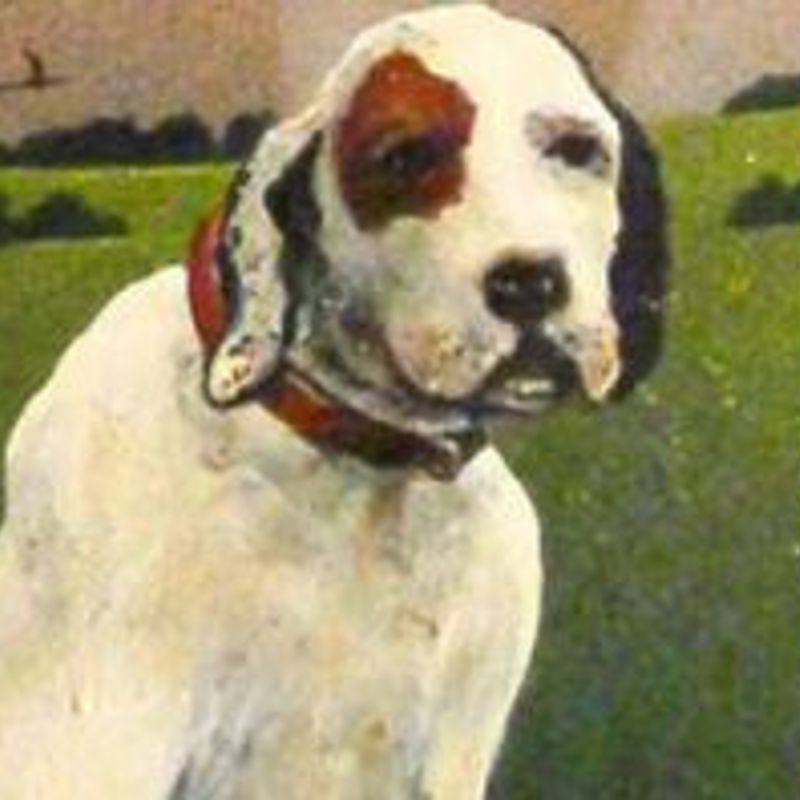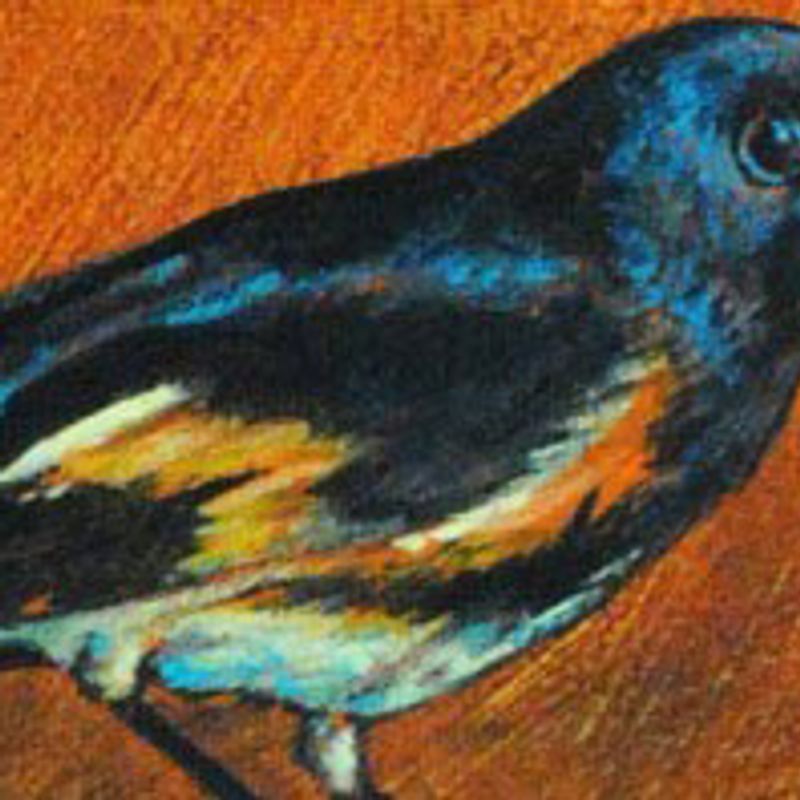Outlaws to the left of me, outlaws to the right of me . . . .
by R.T. SmithThe Outlaw Album by Daniel Woodrell (Little, Brown)
The first two Daniel Woodrell novels I read were engaging but discomfiting portraits of redneck miscreants which never fully satisfied because Woodrell is inclined to let his Ozark characters at important moments to wax eloquent in elevated diction and intricate syntax unbefitting the backgrounds and natures he has furnished them with. Winter’s Bone was cleaner, less flawed, built around a character of convincing gravity and grace, and I was fully won over. The best stories of his aptly-titled collection The Outlaw Album are reminiscent of that latter book, and the other stories spieled by narrators who can’t completely conceal the erudite author behind them.
The speaker in “Black Step,” whose native idiom is the rural makeshift of the cunning but lightly lettered, vanishes when he says, “it still has a glow to it, a veteran allure,” and the grinning author shows through. Woodrell is walking on the same thin ice as any author who writes in dialect, always calculating how much to bend the notes, find the sweet space between Natty Bumpo’s parlor speech and the coarse tanglefoot Sut Lovingood spews. But even Twain misjudges at times, so Woodrell’s in decent company.
In this gathering of a dozen examples of dirty realism, Woodrell tries his hand at riff, sketch, rant, dark aria, many of them delivered by what we’re trained to call “unreliable narrators,” which is more a question of degree than kind. Fabrication, exaggeration, understatement and non sequitur – all are part of the arsenal of the afflicted and wicked whose tales are reminiscent of the yarns and anecdotes we usually get by ear rather than eye, and this is the going mode in Southern fiction, especially when written by men.
Some are better at this canny rawness than Woodrell, others not so good. The images in this album that leave me unpersuaded do so often because the dramatis personae are all cut from the same bolt, all deep in malfeasance, with no moral scale implied. An archeologist will often place a nickel or a pen knife beside an artifact to give the viewer a sense of scale, and Woodrell isn’t always thus inclined.
All this grousing aside, Woodrell at his best in the short form is dazzling, and the fifteen pages of “Night Stand” are worthy of William Gay, which is high praise in my book. The story opens with the poignantly-named Pelham, a Viet Nam vet, waking in the middle of the night to find a menacing, growling naked man standing over the bed where he and his wife have been sleeping. When he reaches to the night stand in search of the lamp, he finds a plate with a knife on it and proceeds, he believes, to defend home and hearth. His defense is frenzied and lethal in a scene that will make many wince, but the story is about the unsolvable mystery of the young Iraq veteran’s intrusion, the responses of Pelham’s neighbors and the soldier’s father and, primarily, the protagonist’s tormented attempt to shed his sense of guilt. During the relentless self-interrogation, he admits that many men have fantasies “about a moment like this, an opportunity for sanctified violence, a time to open the cage” and free the primitive beast. Realization of the fantasy, however, is anything but fulfilling, and Pelham, the survivor of one nightmarish jungle fire fight during his brief deployment, keeps excavating his past and his nature in search of an answer which doesn’t exist. It leaves him instead scouring his house by day, patrolling it by night. Without sentimentality or false resolution Woodrell brings Pelham and his wife into sharp focus and implicitly makes a convincing case that the process of grief and the aftereffects of shock do not fall into neat stages but all swirl and ghost together in a deadly syndrome that has to be survived.
The Outlaw Album may be read quickly but resists that treatment, as Woodrell can be deft and nuanced beneath the tours de force of manic/lyric dramatic monologue. His characters remind us of one of Hemingway’s great sentences: “The world breaks everyone and afterward many are strong in the broken places.” In their attempts to be strong, Woodrell’s characters arrest us, and many will not be easy to forget.



